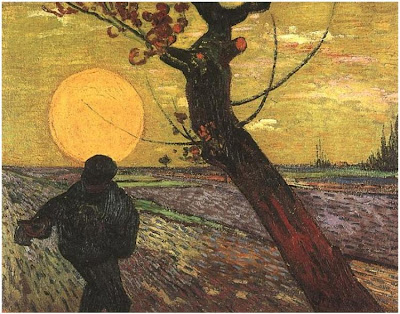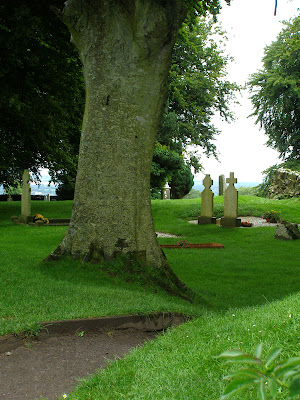Jardin du Luxembourg Carousel
Under its canopy, in the shade it casts,
turns a world with painted horses,
all from a land that lingers a while
before it disappears.
Some, it's true, are harnessed to a wagon,
but all have valor in their eyes.
A fierce red lion leaps among them,
and here comes 'round a snow-white elephant.
Even a stag appears, straight from the forest,
except for the saddle he wears, and,
buckled on it, a small boy in blue.
And a boy in white rides the lion,
gripping it with small clenched hands,
while the lion flashes teeth and tongue.
And here comes 'round a snow-white elephant.
And riding past on charging horses come girls,
bright-eyed, almost too old now for this children's play.
With the horses rising under them,
they are looking up and off to what awaits.
And here comes 'round a snow-white elephant.
New Poems






























